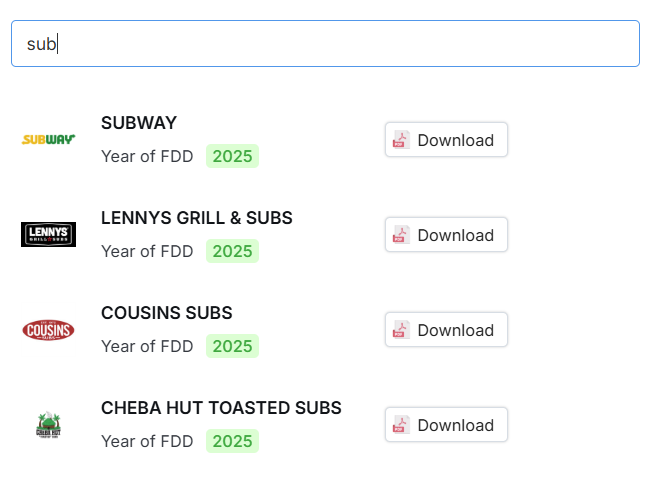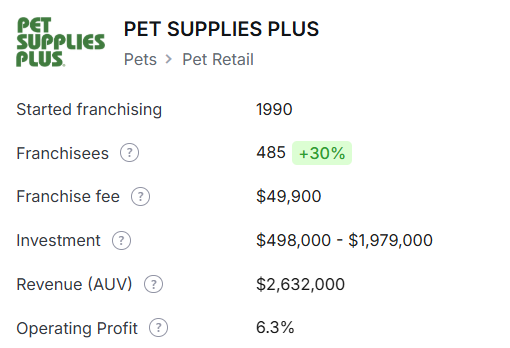
KEY FRANCHISE STATS
?
?
?
?
$0
Little Caesars is a well-known brand in the pizza industry, offering a diverse menu that includes pizzas, sides, and other Italian-American fast food items. Established in 1959, it has grown to become the third-largest pizza chain in the United States, showcasing its strong presence and popularity in the fast-food sector.
The brand began franchising in 1962. Based in Detroit, Michigan, Little Caesars has built a reputation for delivering affordable, high-quality pizzas to customers worldwide.
One of the key factors that differentiate Little Caesars from its competitors is its emphasis on convenience and value.
The brand is famous for its "Hot-N-Ready" pizzas, which are available for immediate pickup without the need for pre-ordering, providing quick and efficient service for busy customers. This unique approach has helped Little Caesars secure a significant position in the competitive fast-food market.
Create a free account to access this table and more.
For more information see our plans here.
Below are some of
Little Caesars
key competitors in the
Pizza
sector.

3705
6.00%
$447,000
-
$1,817,000
$0
n.a.
$xxx,xxx
n.a.
n.a.
Little Caesars ensures that its franchisees are well-prepared to operate their businesses efficiently through a comprehensive training program. This program is meticulously designed to cover a broad range of operational and managerial aspects crucial for the successful running of a franchise.
Franchisees receive detailed instructions and hands-on experience in various areas, ensuring they have the knowledge and skills necessary to thrive in the competitive fast-food industry.
In addition to classroom-based training, Little Caesars provides access to in-store training resources. These practical learning opportunities allow franchisees to gain firsthand experience and a deeper understanding of the daily operations within a real store environment. This combination of theoretical and practical training ensures that franchisees are well-equipped to manage their franchises effectively from day one.
The training program covers essential operational procedures, including managing daily and weekly paperwork, overseeing cash management, controlling inventory, making financial projections, ordering food supplies, and maintaining cleanliness standards.
Protected Territory for Traditional Stores: Franchisees who sign an agreement for a traditional store are granted a protected territory. This means that no other traditional Little Caesars store will be established within this designated area. The exact size of this territory is influenced by various factors, such as population density and the proximity of other Little Caesars outlets.
This protection ensures that franchisees can operate without direct competition from other traditional Little Caesars stores within their designated area, fostering a stable and exclusive market for their business.
On the other hand, those who opt for a non-traditional store will not benefit from a protected territory. These non-traditional outlets can be situated in diverse locations, including but not limited to airports, stadiums, and other venues. The flexibility of non-traditional store locations allows franchisees to tap into unique markets and customer bases, although it comes without the assurance of territorial exclusivity.

?

?
?
?
?
?
?
?
?
?